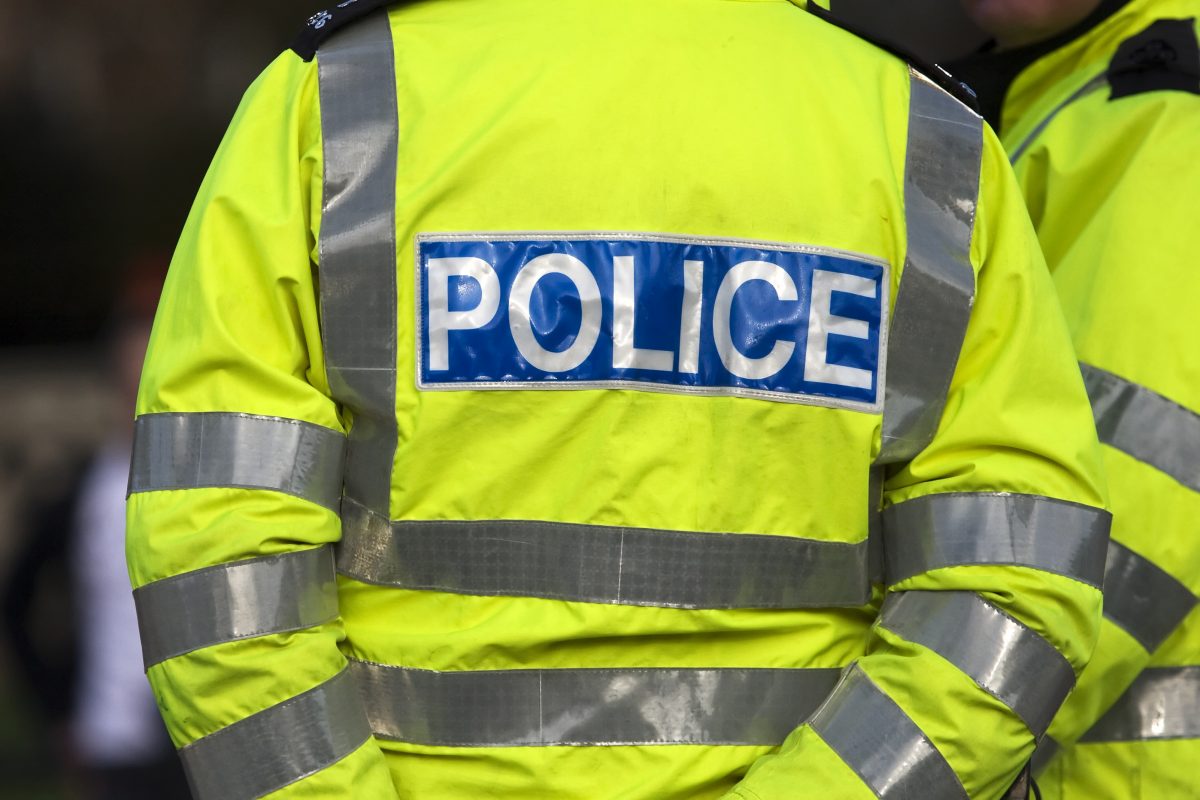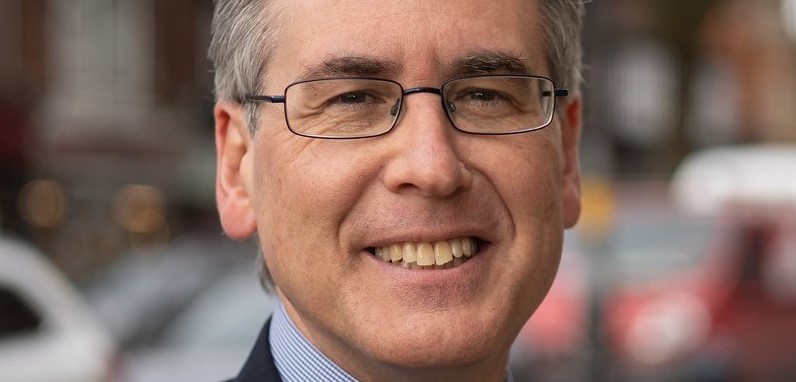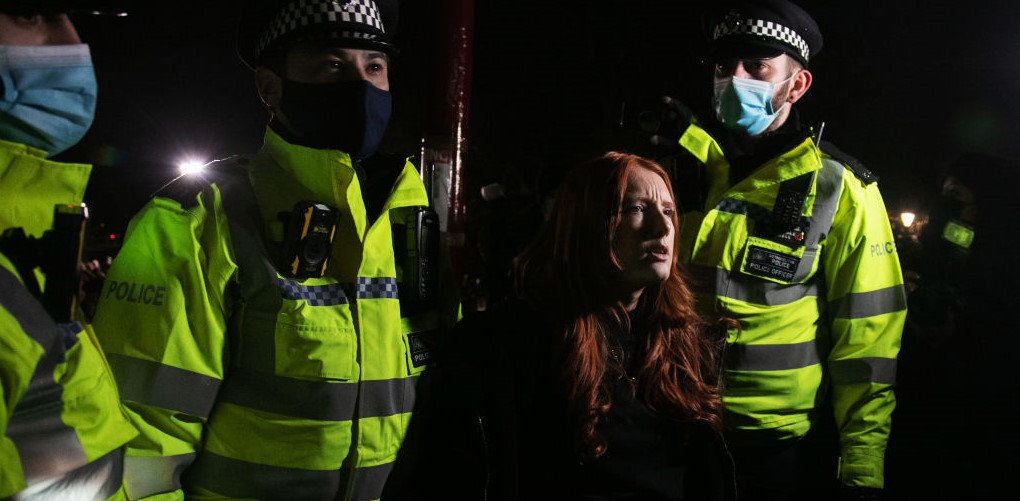Drug crime soars in rural areas
Drug crime has significantly increased in towns and villages over the last five years, driven in part by a practice known as â€county lines’, or drug trafficking in rural areas.
A new analysis by the BBC found that between 2013 and 2018, areas with smaller populations have seen significant increases in drug crimes, even as drug crime in urban areas such as London has fallen steadily.
The village of Westhumble, Surrey, with a population of less than 600 people has seen reported drug crimes more than quadruple in the last five years from only nine cases in 2013 to 42 in 2018.
Meanwhile, only 20 miles away in Westminster, central London, drug crime has plummeted by 50 per cent over the same time period. Following a similar pattern, drug crime in Liverpool has been slashed by 20 per cent in the last five years, but only 15 miles away in Chester, it has skyrocketed by 40 per cent.
County lines is a term coined to describe the practice of drug dealers expanding their operations outside urban centres to capture market share in more rural areas with less competition.
County lines dealers are known for trafficking children, some as young as seven into the trade, coercing them into acting as drug mules between cities and towns and villages. Others break into the homes of addicts to use their homes as a base for trafficking drugs, in a practice known as â€cuckooing’.
London, the West Midlands and Liverpool are the greatest exporters of county lines drugs, according to the National Crime Agency (NCA).
“The county lines model is linked to violence and relies on the exploitation of vulnerable people to make a criminal profit, with organised crime networks bringing terror to the communities they operate in,” NCA spokesperson Nikki Holland told the BBC.
Knife crime has also risen in rural areas as violence has spread from urban areas to the countryside – much of this fuelled by county lines drugs.
Suffolk, Norfolk, North Yorkshire, Derbyshire, Kent, Lancashire and Dyfed-Powys saw the highest increases in knife crime in England and Wales, with knife crime in Suffolk surging by 51.4 per cent.
Reports of increasing rural drug and knife crime comes as a separate analysis found an increase in rural crime overall.
The report by the insurer NFU Mutual found that rural crime had skyrocketed by 12 per cent between 2017 and 2018 alone, with theft of tractors and other farm machinery driving the increase in crime. The estimated total cost of rural crime last year was an astonishing ÂŁ50m.
“In a single generation, country people have seen rural crime change from the opportunist theft of a single lamb to brazen heists of tractors worth over £100,000 and rustlers stealing hundreds of sheep,” said MFU rural affairs specialist Tom Price.
“We are even seeing agricultural vehicles being stolen to smash into village shops to rob cash machines. As well as causing huge structural damage to buildings, these raids can lead to shop owners not replacing ATMs for fear of further attacks.”
Unite national officer for food, drink and agriculture Bev Clarkson placed the blame of rising rural crime squarely on the shoulders of cuts to policing and other public services.
“It is no coincidence that rural crime has risen at a time when a third of police forces, struggling under successive budget cuts from Tory governments, say they have no strategy to combat crime in the countryside,” she said.
“The county lines drugs trend is especially worrying because it traps in its maw the youngest and most vulnerable in our rural communities,” she said. “Violent crime of this sort flourishes especially when young people feel they have no stake in the future of their communities. From bus routes to fire stations, the health service to schools and police, rural areas have endured years of vicious government cuts.”
“While Boris Johnson must ensure that rural areas benefit from the extra 20,000 police officers he has promised, only a Labour government has the vision to end the steady decline of rural communities through strong public services and help create and support a thriving rural economy that works for everyone.”
 Like
Like Follow
Follow


